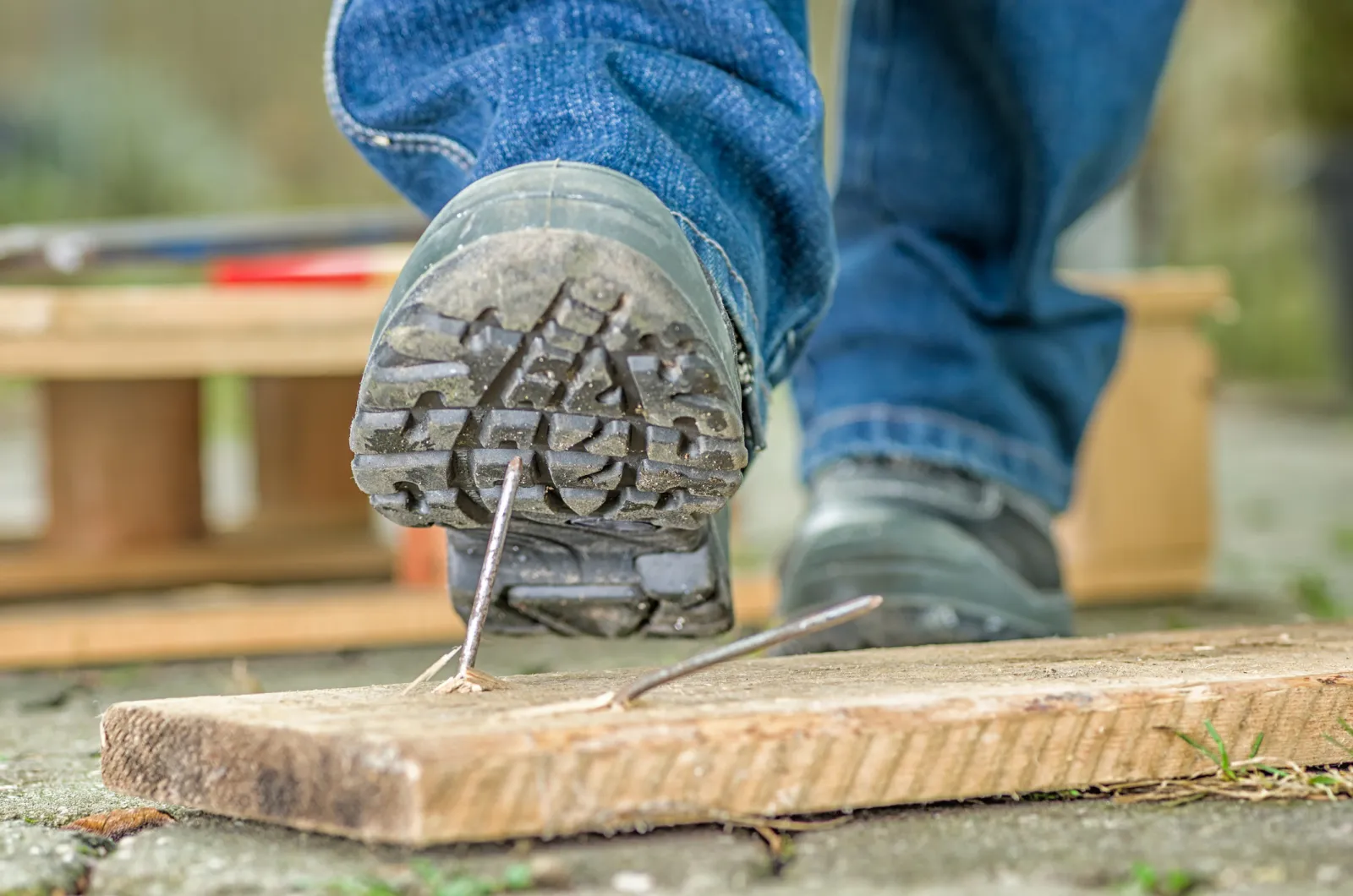Many workplaces have stipulations on the types of shoes worn. At work sites such as construction zones or warehouses, a steel-toe work boot may be required to prevent injury to the feet. Crush injuries or lacerations can be devastating and possibly require surgery, many times leading to chronic foot pain. Slip-resistant shoes may also be recommended in workplaces such as these where poor traction may lead to a heightened risk of falls. Be sure to regularly inspect the treads of the soles of these shoes to ensure they are not worn down or clogged with debris. Many orthopedic injuries occur as a result of a slip and fall and have the potential to be life-changing.

Less dangerous work conditions are an overlooked area in terms of proper footwear. For those whose jobs require standing for long periods, it is important their shoes are supportive and comfortable. To determine proper shoe support for patients in my office, I take the shoe they are considering and push firmly on the toe and heel areas, bending the sole to determine rigidity. If the sole of the shoe is easily manipulated, then it is not supportive. Less supportive shoes transmit greater force placing increased stress on the foot while walking and standing. This extra strain can result in pain and deterioration of the joints of the feet which can lead to long-term complications.
I am often asked about the importance of arch support. In patients with flat feet, a supporting insole or orthotic can help avoid debilitating pain from an unsupported arch which may progress to chronic ankle pain, tendonitis, and arthritis. The majority of the time these conditions can be prevented or managed with simple over-the-counter orthotics rather than pricier custom-made ones. Even those with no history of arch problems may want to consider supportive orthotics if they are on their feet for long hours.
Probably the most important consideration is the most obvious. Do not sacrifice comfort and support for "something cute." I see patients daily in my clinic with pain and injuries to their feet and ankles that can be blamed on their choice of shoes over the years. Sometimes the damage is so significant surgery is needed for correction. Patients in these situations often look back with regret, wishing they had been more sensible in their footwear choices. Make good shoe choices and enjoy your feet!
